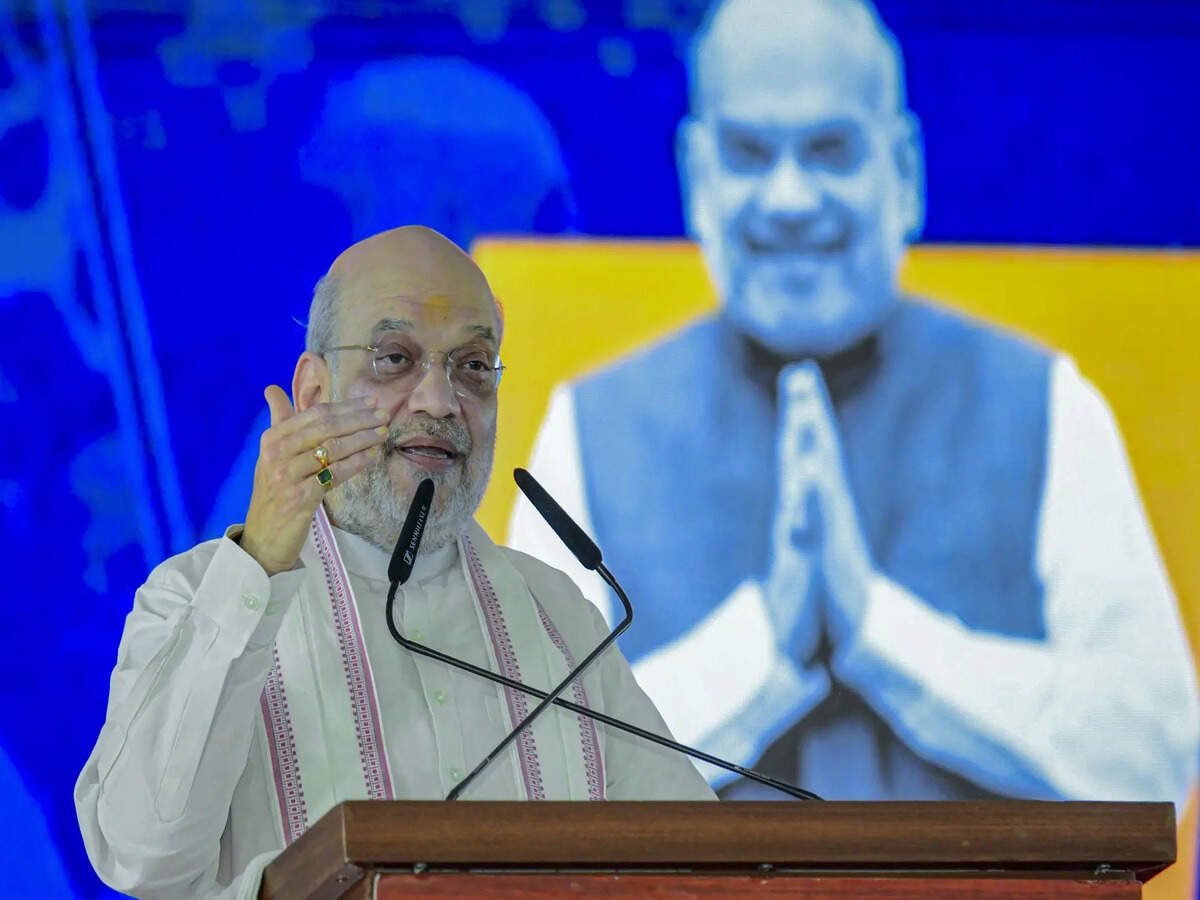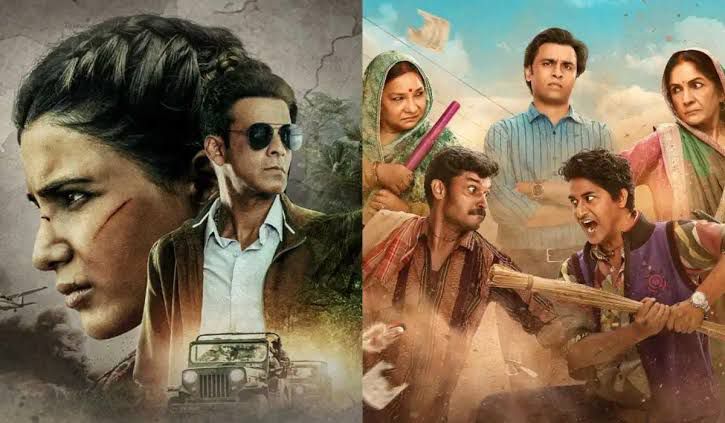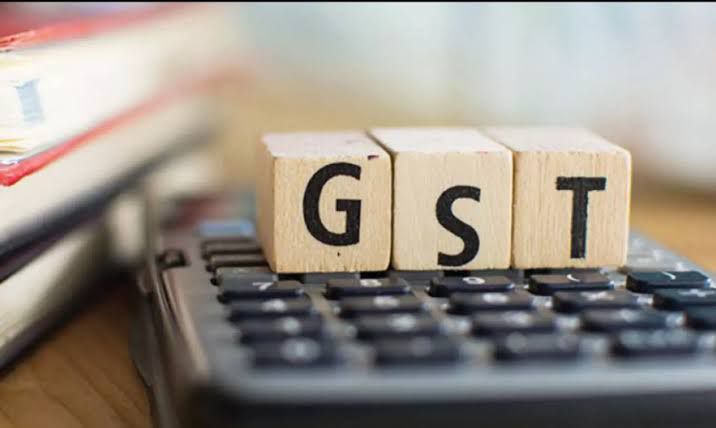 Image Source: Economic Times
Image Source: Economic Times
Union Home Minister Amit Shah has underlined a powerful message regarding the empowerment and inclusion of the differently-abled (divyang) community in India. Speaking at the foundation stone-laying ceremony of three projects of Parasmal Bohra Netraheen Mahavidhyalaya in Jodhpur on September 21, 2025, Shah stressed that it is not only the government’s but the entire society’s responsibility to ensure divyang individuals contribute meaningfully to nation building and thrive in life.
Key Highlights: A Vision for Inclusive Growth
Amit Shah highlighted the significant progress and challenges faced by the divyang community, urging a societal system that actively supports inclusion and growth rather than mere sympathy.
Praising the efforts of Parasmal Bohra Netraheen Mahavidhyalaya in uplifting the lives of people with disabilities, he noted how small initiatives with coordination from various sectors can trigger major transformative changes.
The Union Home Minister emphasized how changing the terminology from “viklang” (disabled) to “divyang” (divine body) in 2015 has positively altered perceptions about people with disabilities, both among the public and policymakers.
Citing his inspiring meeting with two-time Paralympic gold medallist Devendra Jhajharia, Shah remarked that nothing is impossible when society, government, and NGOs work together in harmony.
He underscored India’s remarkable rise in Paralympic performance, with the nation winning only a handful of medals from 1960 to 2013 but securing 52 medals in just the last three Games, illustrating the growing empowerment and capabilities of divyang athletes.
Government’s Financial Commitment and Policy Focus
The Home Minister revealed that the budget for the Department of Empowerment of Persons with Disabilities has nearly quadrupled from ₹338 crore in 2014 to ₹1,313 crore as of 2025-26, reflecting sustained government prioritization.
Programs focus on inclusive education, skill development, accessible infrastructure, and promotion of sports for the differently-abled.
Shah urged continuous collaboration among governmental agencies, civil society, and private sector actors to scale up efforts and mainstream divyang individuals into every sphere of life including employment, education, and sports.
The Societal Responsibility Paradigm
Amit Shah’s core message revolved around shifting societal attitudes from viewing divyang persons as objects of pity to recognizing them as productive contributors endowed with unique strengths and capabilities.
He called for a collective approach where families, communities, employers, media, and policymakers share responsibility in creating an enabling environment.
The approach is to embed inclusivity in all socio-economic sectors so that divyang members’ potential is fully realized.
Long-Term Impact and Aspirations
By encouraging inclusive nation building, India can harness its diverse human capital for greater socio-economic progress.
The Home Minister’s remarks underscore the government’s vision of a barrier-free India aligned with the Rights of Persons with Disabilities Act.
Ongoing success stories from sports, education, and employment sectors serve as motivating examples, proving inclusivity is achievable and beneficial.
Conclusion
Union Home Minister Amit Shah’s call to make society responsible for empowering the divyang community is a clarion call for a new India—where every individual, irrespective of physical or intellectual ability, is valued and enabled to contribute to nation building. Through combined efforts and positive mindset shifts, India is making impressive strides towards inclusion, equity, and dignity for all its citizens.
Sources: Hindustan Times, PTI News, The Week, NewsOnAir, Economic Times
Advertisement
Advertisement






